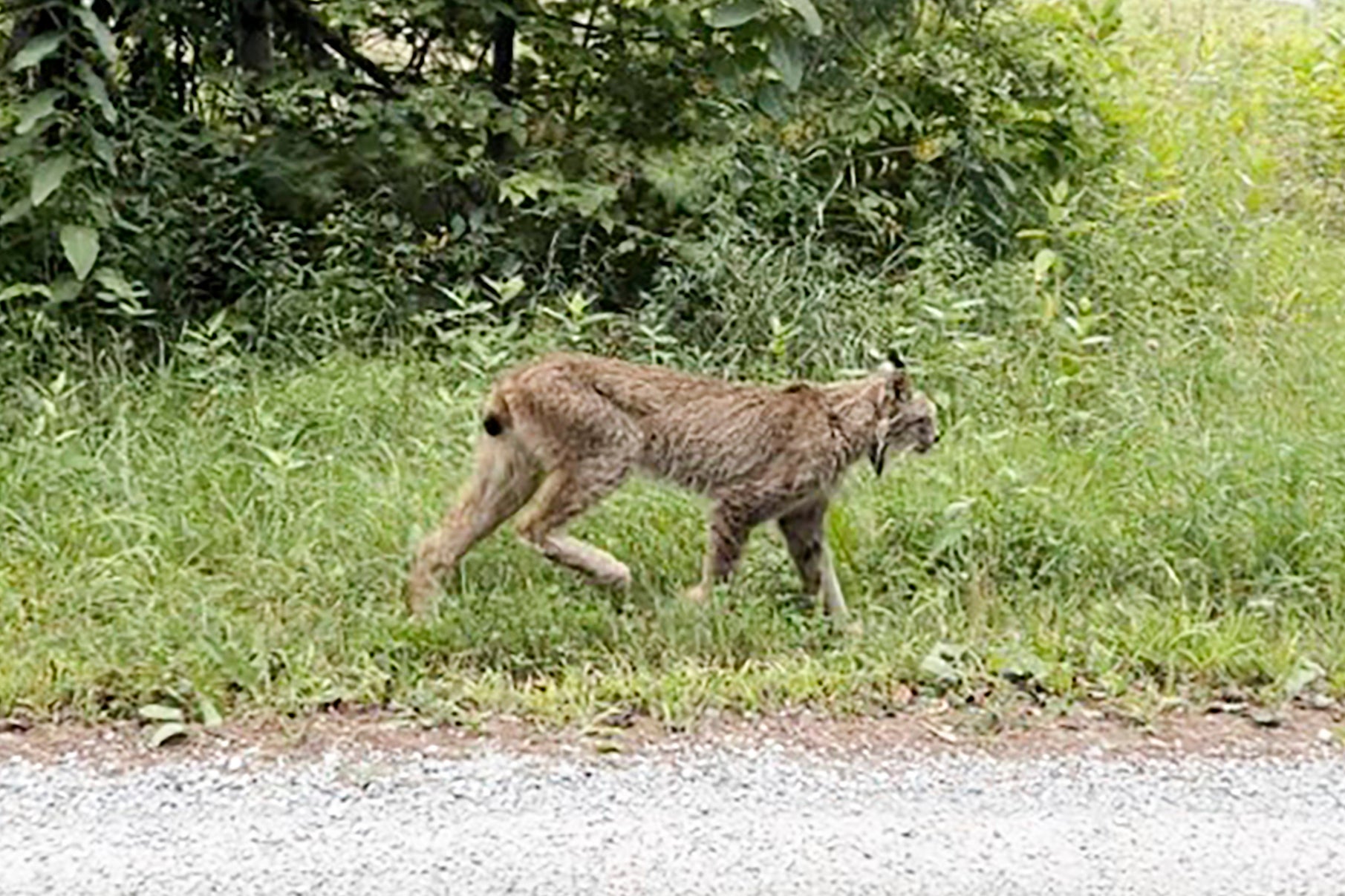Canada lynx confirmed in Vermont for 1st time since 2018
A Canada lynx has been confirmed in Vermont for the first time since 2018

Your support helps us to tell the story
From reproductive rights to climate change to Big Tech, The Independent is on the ground when the story is developing. Whether it's investigating the financials of Elon Musk's pro-Trump PAC or producing our latest documentary, 'The A Word', which shines a light on the American women fighting for reproductive rights, we know how important it is to parse out the facts from the messaging.
At such a critical moment in US history, we need reporters on the ground. Your donation allows us to keep sending journalists to speak to both sides of the story.
The Independent is trusted by Americans across the entire political spectrum. And unlike many other quality news outlets, we choose not to lock Americans out of our reporting and analysis with paywalls. We believe quality journalism should be available to everyone, paid for by those who can afford it.
Your support makes all the difference.A Canada lynx, an endangered species in Vermont, has been confirmed in the state for the first time since 2018, and farther south than the last confirmed sighting.
A Shrewsbury man was driving home on Saturday evening when he saw the large cat walking along the side of a rural road. He went home to get his cell phone, returned and took video of the animal, he said on Wednesday.
“This newest sighting is especially exciting because the cat was spotted in Rutland County, far south of most confirmed lynx reports in Vermont,” said Brehan Furfey, wildlife biologist and furbearer project leader with the Vermont Fish and Wildlife Department.
Canada lynx are endangered in Vermont and threatened nationally, she said in a statement Wednesday. “That makes any verifiable lynx sighting in our state important."
There are resident breeding populations in northern Maine and northern New Hampshire, northeastern Minnesota, northwestern Montana and northern Idaho, north-central Washington and western Colorado, according to the U.S. Fish and Wildlife Service. They are similar looking to bobcats but have long black ear tufts and short, black-tipped tails, the service said. They also have large paws and long hind legs making them highly adapted to hunting snowshoe hare in snow, the service said.
Vermont is on the southernmost edge of the Canada lynx's range and most confirmed sightings are in northeastern Vermont, which has the best climate, habitat and food sources for lynx in the state, the department said. Canada lynx are adapted to hunt snowshoe hares and “both species need young forest habitats and reliable snowpack to thrive,” Furfey said.
Furfey suspects this was a male lynx moving through the region looking to establish its own territory, the department said. The behavior is called “dispersing" in which lynx can move quickly over long distances, according to the department.
The department has received more than 160 reports of lynx since 2016 with only seven of those confirmed. It said the most credible one was from Jericho in 2018.